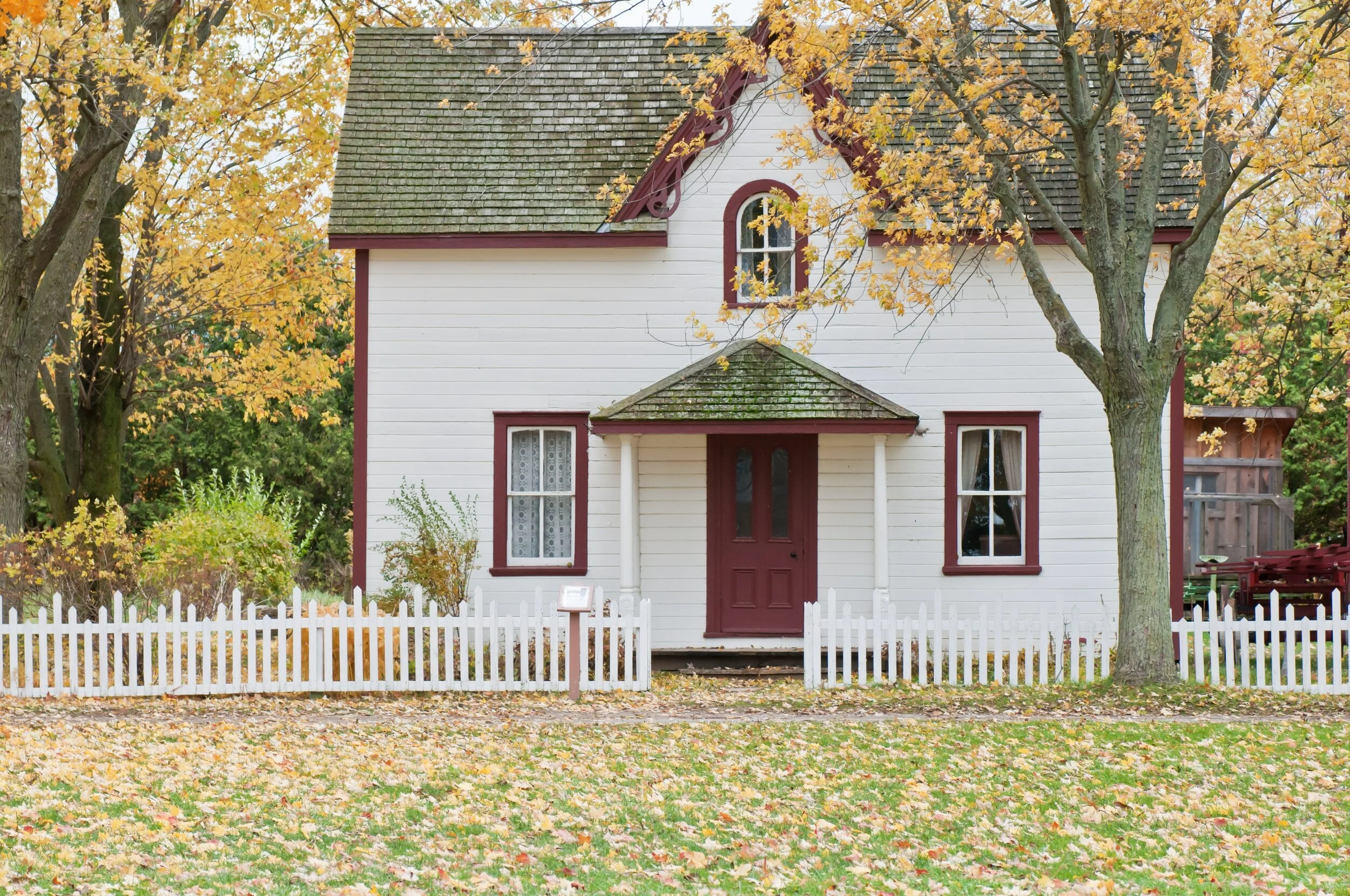Deciding to Downsize
Whether retirement has arrived or the children have moved out to leave you with an empty nest, you may be considering downsizing your home. Frequently, life events lead to the decision to relocate to a smaller home. Some people choose this option to simplify life or reduce yard work. Whatever your reason for considering the move, answering some questions first will help you come to the right conclusion for you.
Questions to Consider When Deciding to Downsize
- Financial concerns and reducing a large mortgage payment may be things to think about when weighing pros and cons. However, if you have lived in your home for a significant period, you may have a small monthly payment that is worth keeping.
- If you are looking to sell your large home as a way fund retirement, other options may accomplish the same goal without having to move. A reverse mortgage or a home equity line of credit may work as well depending on your situation.
- Will you be able to pay future homeowner’s association dues? Monthly HOA fees only go up. If you will be on a fixed income in retirement, you will need to factor in those increases when making the decision to downsize.
- Do you want to maintain space to have friends and family stay in your home while visiting? Some people want the option to have grandchildren spend the night with space for them to run and play. For others, having no extra bedrooms provides a valid reason to ask visiting friends and family to stay at a hotel.
- Will you regret culling through your personal items? Besides downsizing the furniture, you may need to reduce personal articles as well, such as extra TVs, books, cookware or clothing. If parting with accumulated treasures presents a difficulty, a storage space can cost upwards of $150 per month. Adding the expense may defeat the purpose of scaling back.
- Have you calculated the total cost of making the move to a smaller property? This includes factoring in the selling price of your current home, the purchase or rental cost of the new home, HOA fees, new furnishings if necessary and a potentially higher cost of living. For example, a warmer climate may save you money on heating, but cost you more in air conditioning.
Generally, shrinking your housing expenses will stretch your budget significantly. Moving to a smaller property can reduce taxes, maintenance costs and utility bills. Many families find the tradeoff with less space for stuff is well worth the effort.
Dwell360 is a residential real estate firm based in Newton, Massachusetts, servicing the cities and suburbs of metro Boston. We are focused on our customers and our experience in the residential real estate market is extensive. Search for homes in Massachusetts and then give us a call.


